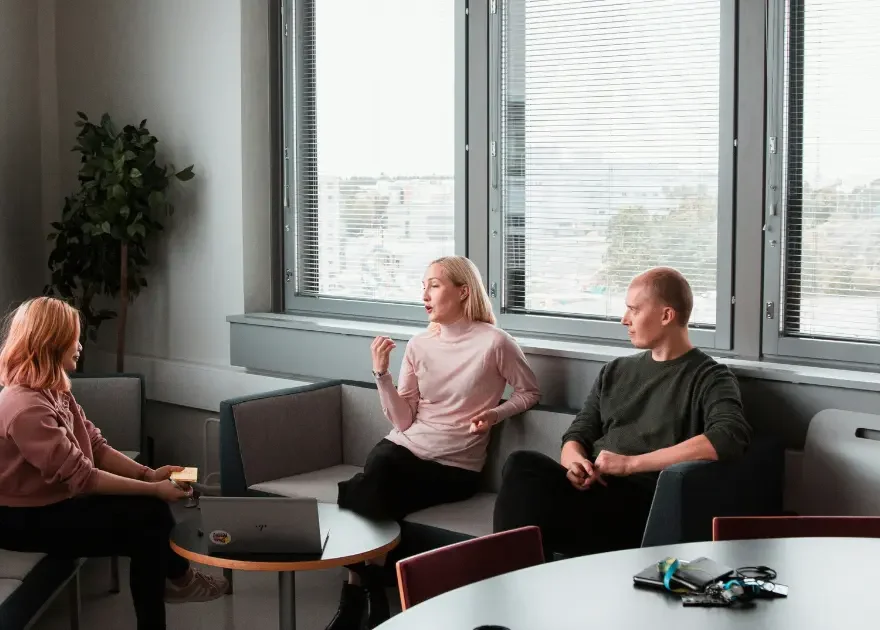R U OK Day 2023

It’s that time of year again for R U OK? Day, a national project that supports Australians in asking a simple yet profound question: “Are you OK?”
Every day, eight Australians take their own lives, impacting the lives of those around them. Additionally, 1 in 5 people will experience mental illness in their lifetime. R U OK? Day aims to destigmatise conversations about mental health, encouraging openness and empathy.
In the workplace, the discussion about addressing mental health concerns has sparked debate. However, the reality is that most people spend a significant portion of their week at work, making the workplace an ideal setting for fostering well-being.

R U OK? Day in the Workplace
R U OK? Day presents a unique opportunity for Employers to not only educate their Employees about checking in on their colleagues but also to promote a culture where Employees feel safe enough to answer honestly.
Empathy: The Key to a Mentally Healthy Workplace
Empathy is the cornerstone of creating a mentally healthy workplace. Employers who understand and promote empathy can establish policies and procedures that prioritise mental well-being. Leading by example, they show their Employees that they genuinely care about mental health in the workplace.
Why Prioritise Mental Health in the Workplace?
From an Occupational Health and Safety (OHS) perspective, Employers are responsible for safeguarding the mental and physical well-being of their Employees. While physical well-being is easier to monitor, there’s now a growing focus on mental health in the workplace. Absenteeism can significantly impact businesses, making a two-fold approach to Employee well-being imperative. A mentally healthy workplace benefits both Employees and a company’s bottom line. It’s a win-win scenario that also reflects positively on the organisation’s values.
Tips for a Mentally Healthy Workplace
- Be Informed: Empower employees with knowledge about mental health. Understanding that mental health is common and treatable is the first step. Encourage open conversations and provide resources for further education.
- Have a Mental Health and Well-being Policy: Establishing a clear policy communicates that mental well-being is a priority. It assures Employees that the business supports them and does not stigmatise mental health concerns.
- Invest in an Employee Assistance Program (EAP): EAPs offer confidential, 24/7 qualified counselling for Employees, demonstrating support for their mental well-being.
- Create Social Groups: Foster connections among Employees, particularly in the age of remote work and social isolation. Encourage team-building activities and initiatives that build a sense of belonging.
- Provide Positive Reinforcement: Recognise and reward employees for their efforts and contributions. Create a culture where employees feel psychologically safe, knowing that their mistakes won’t lead to punitive measures.
- Nurture Well-being Champions: Encourage employees to become mental health champions through training. These champions can provide a supportive presence for colleagues in need of someone to talk to.
Conclusion: R U OK? Day
R U OK? Day serves as a reminder that a single conversation can have a profound impact on someone’s life. While the day itself is important, it’s equally crucial to ask, “Are you ok?” every day of the year.
For businesses committed to ensuring their Employees’ happiness, health, and productivity, employee well-being programs are the way forward. Understanding and promoting mental health in the workplace can transform your business, both financially and culturally.
If you need guidance on how to prioritise mental well-being in your business, reach out to us or email contact@nowactually.com.au. Together, let’s make every day a day to care for each other’s mental health.




